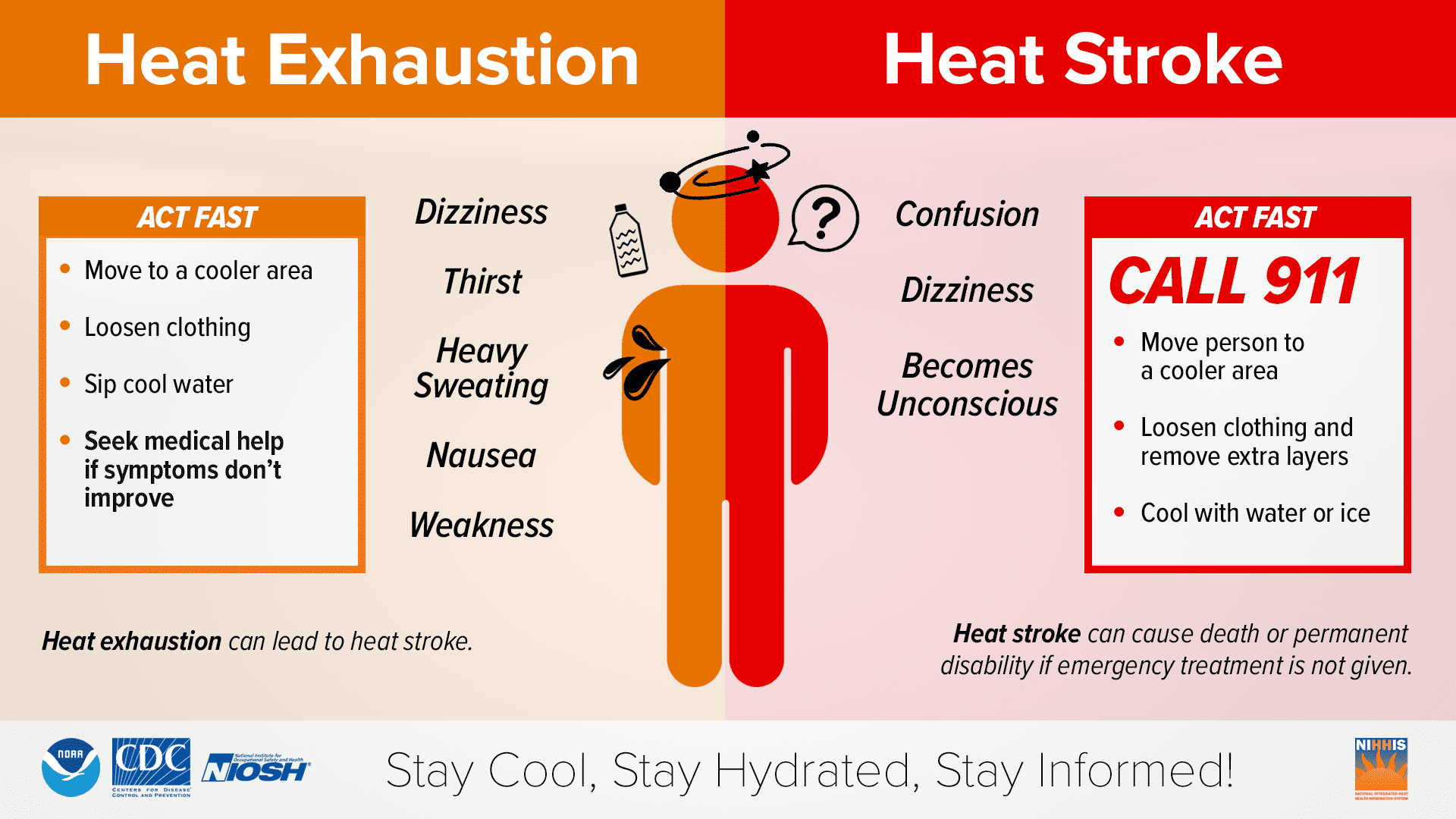
Here we go again! The National Weather Service has issued a heat advisory through Friday night with temperatures reaching the 90s and lows in the mid 60s. This will pose a Heat Risk level of moderate to high risk of heat-related illness. We have a list of tips to help keep your family cool and safe.
Here’s the latest 6 to 10 day outlook. You won’t find much higher probabilities for above normal temperatures than this. Next week’s warm spell is trending toward a long duration event of above normal temperatures for the region. #wawx pic.twitter.com/fYHXPJxgXX
— NWS Seattle (@NWSSeattle) July 21, 2022
Trap cold air in the morning
Before the day starts to heat up, close your windows and draw the blinds on windows that are exposed to the sun. Try to keep windows or doors shut when it’s cooler inside than outside.
Install window treatments
Energy-efficient windows or coverings such as blinds, shades and films greatly reduce heat in your home when temperatures rise.
Avoid heating your home with appliances
Large appliances like ovens and ranges can heat up more than just your food; they can also heat up your home! Try recipes that require minimal cooking or use appliances like microwaves, electric pressure cookers or even cook outside on a grill.
Replace air filters
If your home’s heating/cooling system has an air filtration system, be sure to change out your filters. Changing out your air filters not only improves the air quality in your home, it also makes your home more energy-efficient.
Get efficient
While this is our first heat wave of the summer, it will most likely not be the last. Now is a great time to replace or upgrade an old heating system with new, efficient heat pump technology. City Light offers instant discounts to contractors purchasing high-efficiency heat pumps through various local distributors.
Know the signs of heat illness
Extreme heat can cause heat exhaustion and even heat stroke. Signs of heat exhaustion include dizziness, thirst, heavy sweating, nausea and weakness. If someone is exhibiting these symptoms, move them to a cooler area and have them sip cool water. Seek medical attention if the symptoms don’t improve or worsen.

Visit our website for more tips and ideas to help conserve energy around your home.